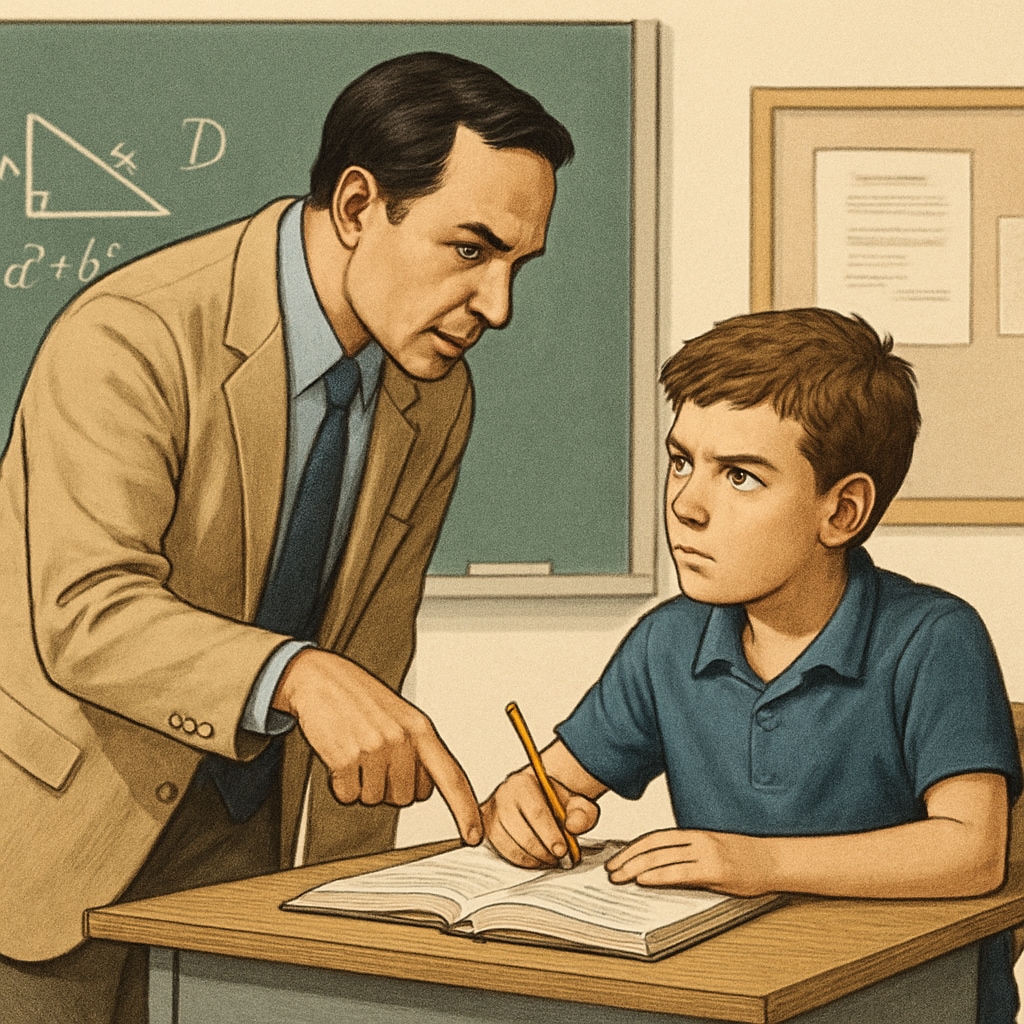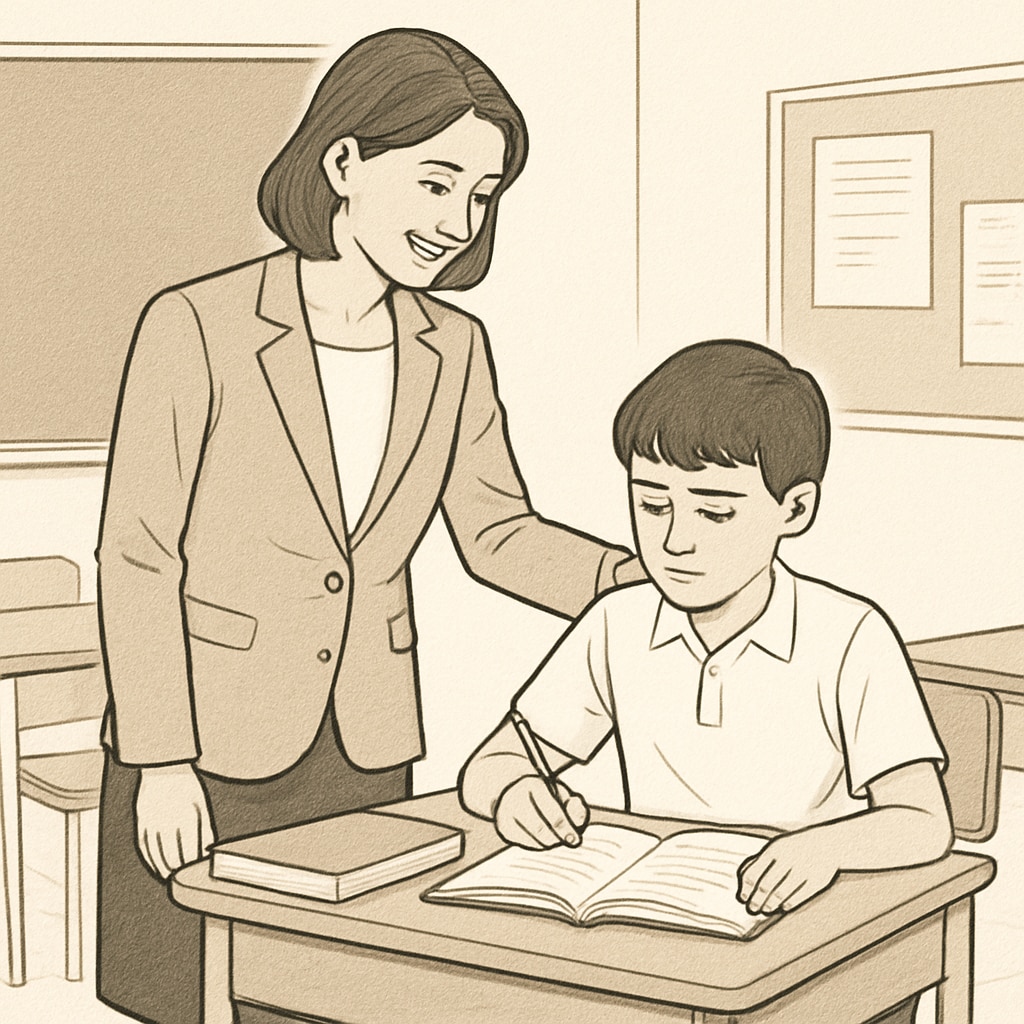In the pursuit of excellence, educators often face the ethical challenge of balancing strict teaching methods with students’ mental and emotional well-being. This dilemma is vividly portrayed in the movie *Whiplash*, where the protagonist is pushed to his breaking point by an overly demanding teacher. The ethical question arises: at what point does rigor cross the line into harm? This article delves into the complexities of strict teaching methods, personal limits, and the importance of care, particularly in K-12 education.
The Thin Line Between Rigor and Harm
Strict teaching methods are often employed to motivate students and help them achieve their highest potential. However, when these methods push students beyond their personal limits, they can lead to burnout, anxiety, or even long-term psychological harm. The character of Terence Fletcher in *Whiplash* is a prime example of this. His relentless pursuit of perfection results in extraordinary musical performances but comes at a significant cost to his student’s mental health.
In education, it is essential to question whether the ends justify the means. While rigor can foster discipline and excellence, educators must remain vigilant to ensure that their methods do not undermine students’ well-being. Studies have shown that overly strict environments can lead to adverse outcomes, including decreased self-esteem and heightened stress levels (Education on Britannica).

Balancing High Expectations with Emotional Support
Effective teaching requires a balance between high expectations and emotional support. Students thrive in environments where they feel challenged but also supported. Research indicates that while high standards are important, they must be paired with encouragement and understanding to create sustainable motivation (Educational psychology on Wikipedia).
For example, adopting a growth mindset approach can help students view challenges as opportunities for learning rather than as threats. Teachers who provide constructive feedback and recognize effort, rather than solely focusing on outcomes, create an environment that promotes both excellence and well-being.

Ethical Considerations in K-12 Education
The ethical dilemma in education becomes particularly pronounced in K-12 settings, where students are still developing their identities and coping mechanisms. In this context, educators hold significant responsibility for shaping not only academic knowledge but also emotional resilience. Overemphasis on performance can lead to a narrow definition of success, neglecting the holistic development of the student.
- Recognizing Individual Limits: Each student has unique strengths and vulnerabilities. Tailoring approaches to individual needs can prevent harm while fostering growth.
- Promoting Open Communication: Encouraging students to express their feelings about teaching methods can help teachers adjust their strategies.
- Fostering a Supportive Environment: Schools should prioritize mental health resources alongside academic excellence.
By integrating ethical considerations into their teaching practices, educators can create a balance between rigor and care, ensuring that students achieve their potential without compromising their mental and emotional health.
Conclusion: The Path to Ethical Excellence
The ethical dilemma of pushing limits in education highlights the complexity of balancing strict teaching methods with care and respect for students’ well-being. As demonstrated by *Whiplash*, pursuing excellence at all costs can lead to extraordinary achievements but may also cause irreparable harm. Educators must strive to create an environment where rigor and empathy coexist, ensuring that students not only excel academically but also develop as healthy, confident individuals.
Ultimately, the true measure of educational success is not just in the achievements of students but in the resilience, well-being, and lifelong learning habits they carry forward. By navigating the boundaries of rigor and care, educators can inspire excellence while safeguarding the hearts and minds of their students.


